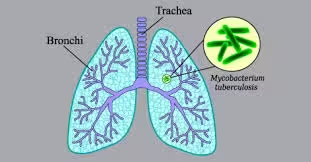
Introduction Tuberculosis (TB) remains a significant global health issue, affecting millions of individuals each year. The causative agent, Mycobacterium tuberculosis, is an aerobic bacterium that primarily targets the lungs but Read More ……..
Simplifying Allied Health Learning.

Introduction Tuberculosis (TB) remains a significant global health issue, affecting millions of individuals each year. The causative agent, Mycobacterium tuberculosis, is an aerobic bacterium that primarily targets the lungs but Read More ……..
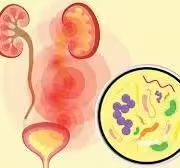
Introduction Urinary tract infections (UTIs) are common infections that can affect any part of the urinary system, including the bladder (cystitis) and kidneys (pyelonephritis). UTIs can be caused by various Read More ……..
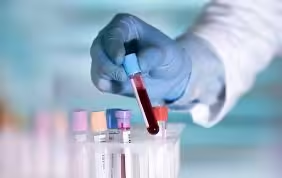
Assessing bleeding disorders involves various laboratory tests to evaluate the hemostatic process. These tests can help determine the nature of the bleeding disorder, whether it is related to platelets, coagulation Read More ……..
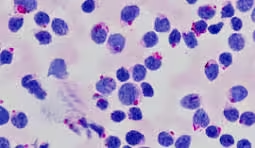
Cytochemical staining procedures are essential laboratory techniques for diagnosing and classifying hematopoietic disorders, including leukemias and other blood-related diseases. These stains help differentiate cell types based on their biochemical properties, Read More ……..
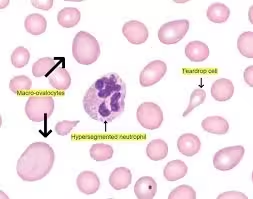
Introduction Megaloblastic anemia is a type of anemia characterized by the presence of abnormally large, immature red blood cells (megaloblasts) in the bone marrow. This condition is often caused by Read More ……..